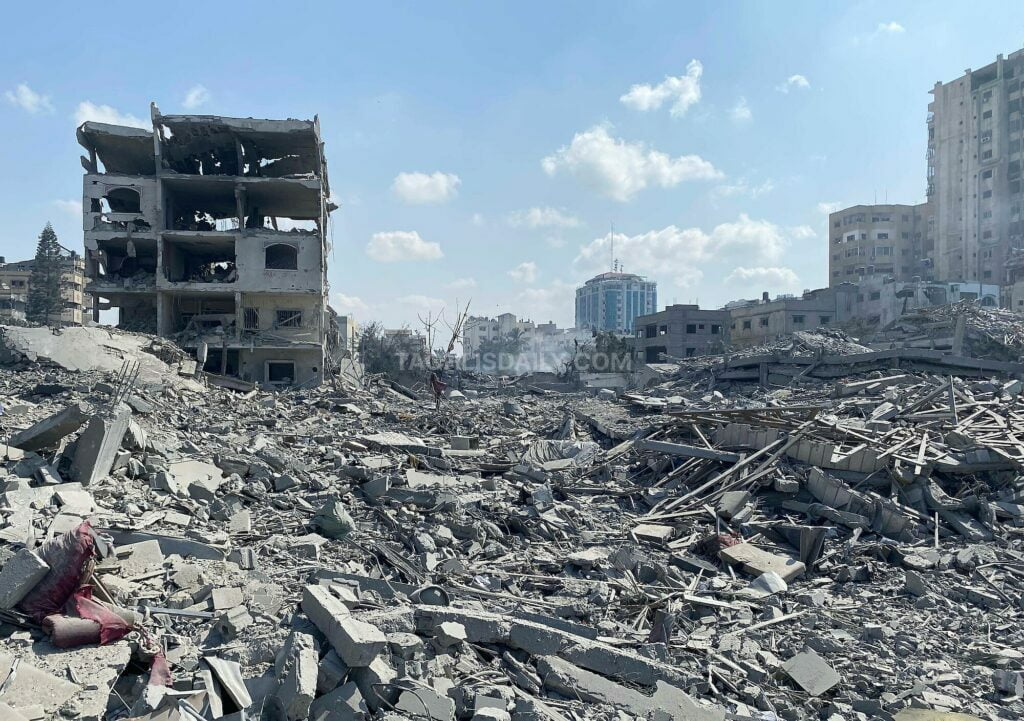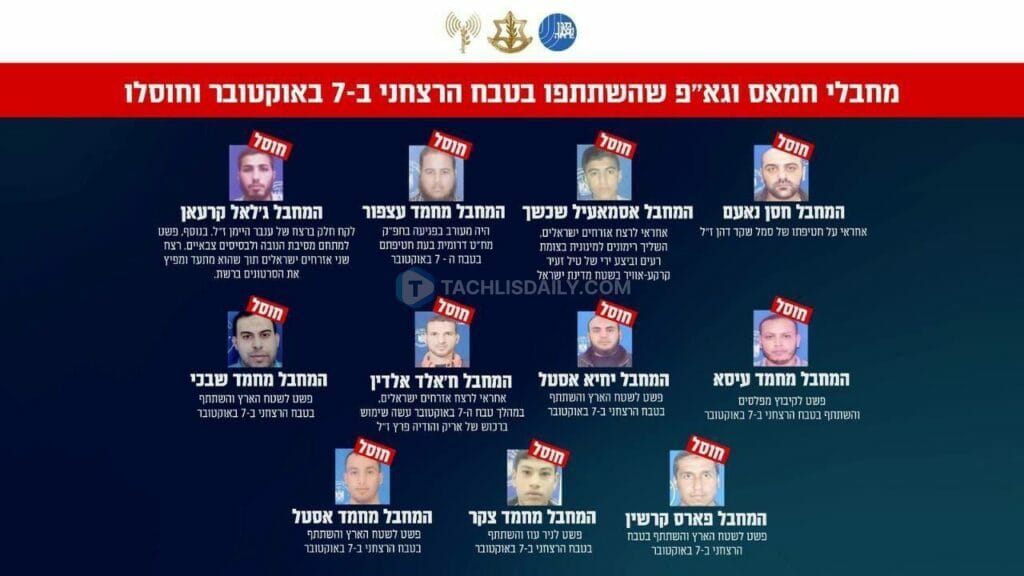Israel’s decision to indefinitely delay the release of 620 Palestinian prisoners has cast doubt on a fragile Gaza ceasefire, as Hamas suspended negotiations until the detainees are freed. The prisoner swap was a key part of the truce’s first phase, which saw six Israeli hostages returned on February 22 after months in captivity. On Sunday, February 23, 2025, Israeli officials pointed to security concerns and alleged Hamas violations—claims the group rejects—as reasons for the postponement. Simultaneously, the military intensified its presence in the West Bank, deploying tanks into Jenin with plans for an “extended stay” in refugee camps. This escalation has displaced tens of thousands, stoking fears of a wider conflict just as diplomatic efforts appeared to gain ground.
The West Bank operation, among the deadliest in years, highlights Israel’s tougher stance, driven partly by far-right coalition pressures against concessions. In cities like Jenin, Tulkarm, and Tubas, residents faced heavy shelling and street clashes, with casualty counts rising rapidly—dozens dead and hundreds injured by midday reports. The prisoner delay hits hard for families of the remaining 95 Israeli hostages, who celebrated Saturday’s reunions but now face renewed limbo. Analysts warn that without quick resolution, the ceasefire—mediated by Qatar and Egypt—could unravel, reigniting full-scale war in Gaza and beyond. As military operations overshadow fragile talks, the region teeters on the edge of further violence.











